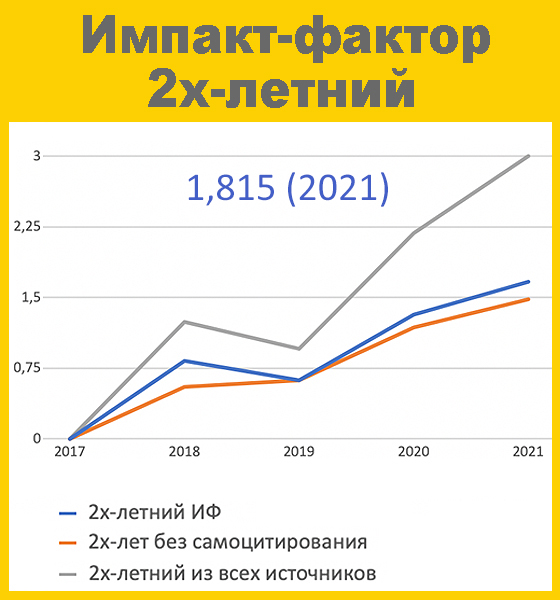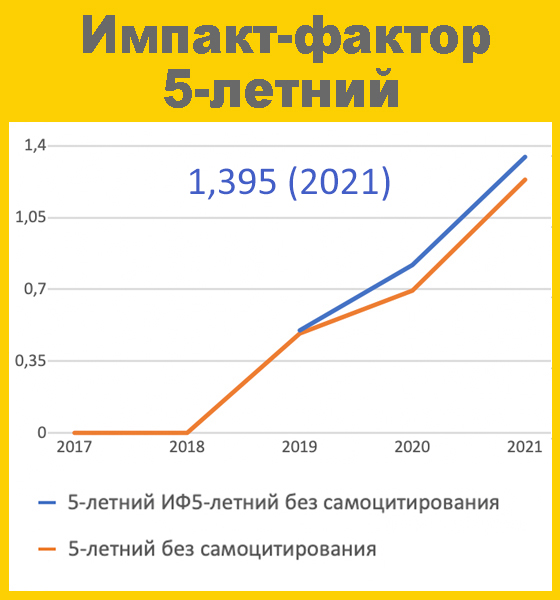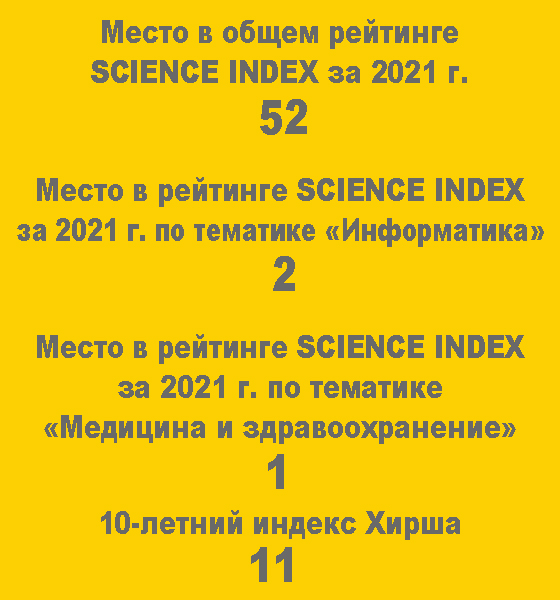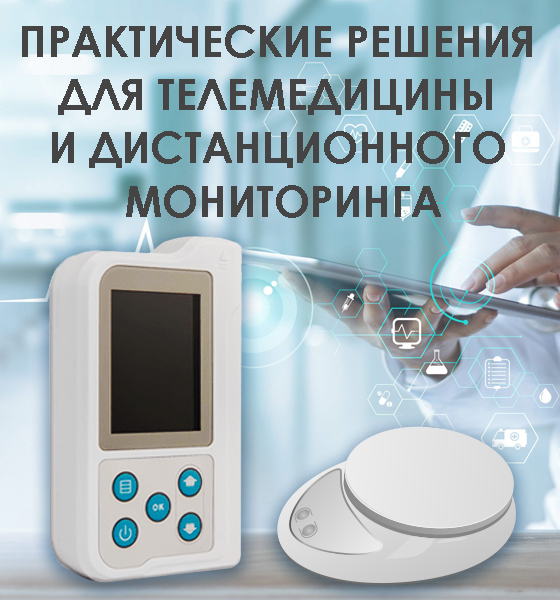The role of artificial intelligence in telemedicine of Russia DOI: 10.29188/2542-2413-2019-5-1-38-40
 2623
2623 On January 1, 2018, the Telemedicine Law entered into force. In life, there has been no significant increase in telemedicine-based solutions introduced into clinical practice. The Ministry of Health created difficult to overcome regulatory barriers and did not propose an incomplete legislative framework, especially with regard to the lack of tariffs in telemedicine. This leads to an increase in the burden on doctors amid low motivation of the latter. The optimal solution may be the use of artificial intelligence (AI) in some clinical situations, when the doctor will only need to confirm this or that decision. This symbiosis can be achieved provided that telemedicine will “supply” program algorithms with medical data obtained from devices and when the patient communicates with his doctor. Then the use of artificial intelligence will contribute to the wider implementation of telemedicine technologies in practice.
Conflict of interest. The author declare no conflict of interest
| Attachment | Size |
|---|---|
| Download | 69.39 KB |
















































